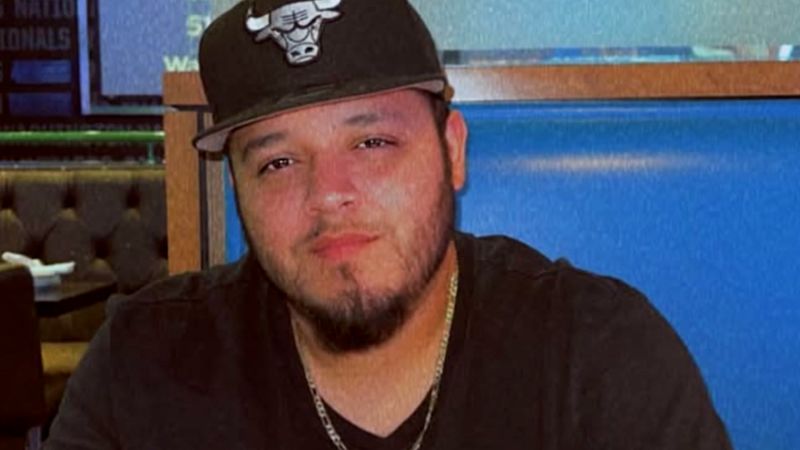Kilmar Abrego Garcia will remain in federal custody, at least for a few more days, amid questions over what would happen if the Salvadoran migrant facing human smuggling charges is released and subsequently detained by Immigration and Customs Enforcement.
US Magistrate Judge Barbara Holmes said Wednesday in court that she will file an order that Abrego Garcia should not be detained while he awaits a federal trial on human smuggling charges. That order could come as early as Friday.
Holmes, however, also ordered Abrego Garcia’s defense to file an additional brief by noon Thursday to express their concerns as to the extent to which the Justice Department has any control over the Department of Homeland Security in this particular case. He faces criminal charges under the DOJ but has an immigration detainer under ICE. DOJ must respond by noon Friday.
Abrego Garcia appeared at the hearing in shackles, orange prison clothes, blue socks and plastic orange slides to hear the conditions of his release. His wife said at a pre-hearing press conference that Wednesday marks their wedding anniversary.
The case has emerged as a symbol of the Trump administration’s aggressive push to execute a historic deportation campaign.
After officials unlawfully sent Abrego Garcia to El Salvador in mid-March, a federal judge in Maryland ordered the administration to facilitate his return stateside, kicking off a protracted legal, political and diplomatic battle in which Trump officials resisted complying with the judge’s directive for months.
In early June, he was finally returned to the US to face a pair of criminal charges: conspiracy to unlawfully transport illegal aliens for financial gain and unlawful transportation of illegal aliens for financial gain.
During Wednesday’s hearing, the judge expressed her intention to release him and read out her draft release order. Holmes acknowledged she has no jurisdiction to require anything from ICE but she ordered the Justice Department to make its best effort to obtain cooperation from the Department of Homeland Security to allow Abrego Garcia to show up and transport him to court to face the charges against him.
“I understand the court’s order. We’ll do our best to follow it,” said Robert McGuire, acting US attorney for the Middle District of Tennessee.
Holmes also said she plans to require “periodic updates to the court” as to Abrego Garcia’s status if he is remitted into ICE custody, including letting them know if he’s been deported or released “since it impacts” his criminal case.
The defense asked for a “good faith request by the US Attorney’s Office” for ICE to keep Abrego Garcia as close as possible to the Middle District of Tennessee and expressed concerns about a violation of his constitutional rights if attorneys can’t meet with him if he’s taken by ICE “outside of Tennessee to places like Texas or Louisiana” and that their ability to prepare for trial “will be limited.”
“I’m going to try to coordinate with DHS as best I can, but I can’t tell them what to do,” said McGuire. “That’s the tension court has identified before but that exists. These are the practical implications of this decision. I don’t think we’ll be in a position to tell DHS where to house him and with respect, I don’t think the court can either.”
This story has been updated with additional developments.
The post Kilmar Abrego Garcia remains in custody for now amid questions over what happens if he’s released appeared first on CNN.




